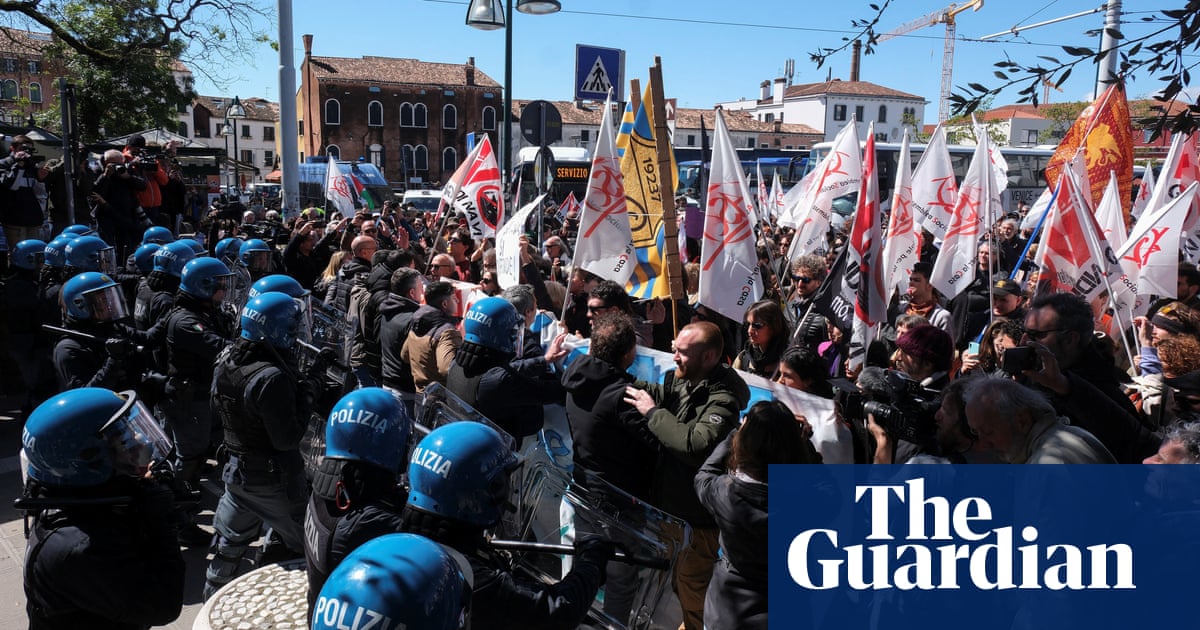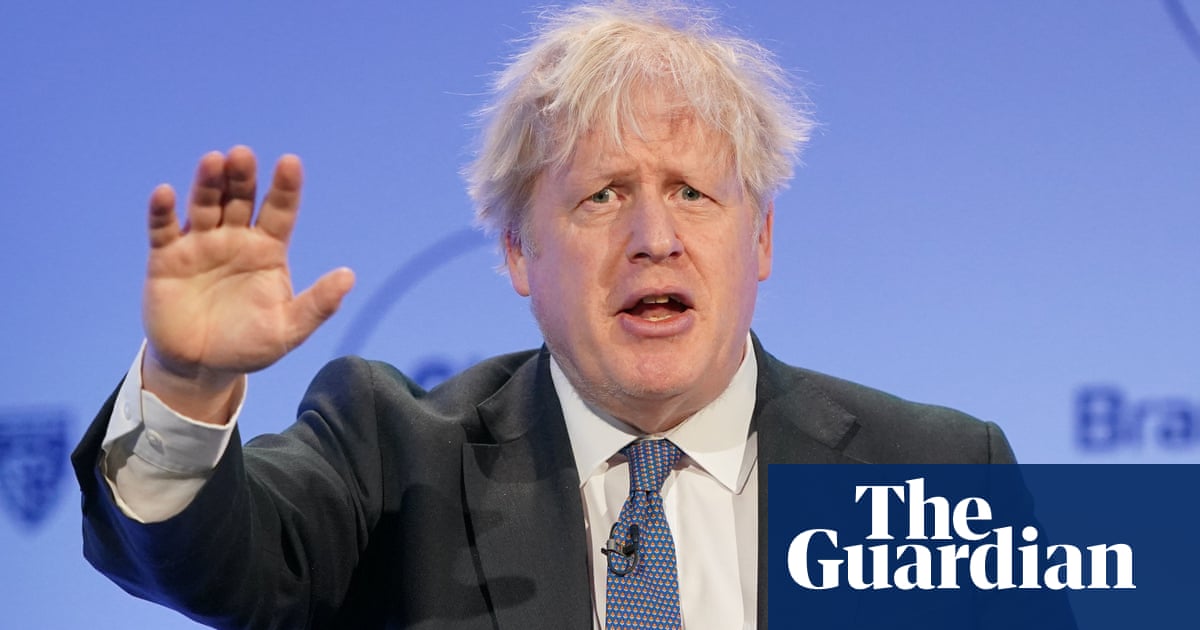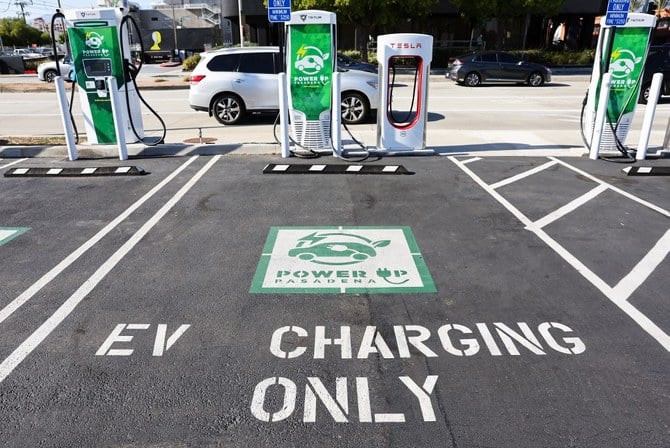
ays before Uganda’s presidential election – voting took place last Thursday – the incumbent, 76-year-old Yoweri Museveni, ordered that social media be switched off. People found their way around that by using virtual private networks, bouncing back online with memes mocking the idea that anyone would think it possible to bar people from being on social media in this day and age. Then, the evening before elections, the internet in Uganda was totally shut down.
The election that saw Museveni win with nearly 60% was shrouded in darkness. It is strange to move from social media’s infinite flow of information to nothingness. Instead, just silence apart from the news the government wants you to hear. Media houses that dare not to toe the government’s straight line risk being stopped from covering elections or even shut down.
It is strange to have to send an entire column via text message, as I have this one, because you cannot access your email. But most surreal of all is the fact that Uganda is set to hold on to that disturbing record of still having one of Africa’s strongmen – on the political scene since independence in the 1960s – in power. At the end of this new term, Museveni, who came to power in 1986, will have spent 40 years as president.
Museveni’s closest rival, 38-year-old musician-turned-politician Robert Kyagulanyi, also known as Bobi Wine, insists the election was rigged against him. It’s beyond doubt that the playing field was never fair – witness the arrests of Kyagulanyi’s closest allies and polling agents, the heavy security deployment and the killing of his supporters. Then there’s the fact that anyone who dared question the electoral commission’s figures or do independent tallying of results was arrested.
This did not stop Ugandans from dreaming that Kyagulanyi, a young man from the ghetto, could unseat Museveni, a seasoned military leader who, during the elections, professed to be the best at war and threatened to crush anyone who stood in his way.
When, like many of Kyagulanyi’s supporters, you have nothing else to lose – when you have been unemployed for years, watched your wife die giving birth unattended on the hospital floor or put your children to bed after all they had to eat all day was porridge – you dare to hope, even when the odds are stacked against you.
The only other person to put up a formidable challenge against Museveni was Kizza Besigye, Museveni’s former doctor who was also part of the four-year bush war that brought Museveni to power. Besigye ran against Museveni four times. Twice he challenged the results in court. The judges found that there was rigging, voter intimidation and bribery but that Museveni would still have won the election.
This is the famous “substantiality test”, effectively tolerating irregularities if they don’t affect the overall outcome, applied across Africa whenever elections are challenged. It is used to provide a semblance of justice while upholding the status quo. If Besigye, as a former war compatriot and close ally to Museveni, could not win, it is hard to see how Kyagulanyi could have done so.
Still, unlike Besigye, Kyagulanyi is not part of the old guard that went “to the bush”. This was his blessing and his curse. His blessing because many Ugandans are tired of the bush men’s leadership and the constant reminders that, without them, Ugandans would not be enjoying the peace ushered in by Museveni’s government. The peace rhetoric is central to every election.
Government sows the message, media and civil society regurgitate it and Ugandans dare not forget their past of strife and who saved them from it. Museveni’s peace badge goes beyond national borders. Whether it is sending troops to Somalia or quelling an insurgency in Central Africa Republic, he has established himself as eastern Africa’s peacekeeper without whom this part of the continent would combust.
The crude message to Uganda and the world is that a vote against Museveni is a vote against peace. To Museveni’s supporters, to vote for Kyagulanyi, a young man with no military skills, would be to risk hard-won peace. Those who yearn for change are resigned to the fact that perhaps nothing can unseat Museveni. What’s more, via the occasional public videos where he shows his agility through exercise or singing a rap song, even nature and mortality seem to be on his side.
There was once a time when the free world was a powerful ally in such matters but now it seems it has too many problems of its own to bother with yet another developing country grappling with a leader who will not relinquish his grasp on power. Following difficulties in getting election observers accredited, both the EU and US chose not to send any.
Perhaps the west feels that, with its own perceived failures, it does not have the moral authority to lecture Africa. Museveni and other African leaders love to hang on to this particular lifeline. Museveni, in a CNN interview, retorted that while Ugandans may have electoral problems at least they are not dying (of coronavirus).
With the world so preoccupied, Museveni would still have slipped back into power without turning off the internet but the only way you stay in power for 40 years is by not leaving anything to chance. Museveni’s own guerrilla war was sparked by an election that he said was rigged, so he knows, at first hand, the anger of young people who feel politically excluded and cheated.
He saw the potential of the internet and vowed that a repeat of the Arab spring would never happen in Uganda. Being cut off from the rest of the world is a reality that we have to deal with until Museveni feels that tempers have cooled and popular anger against the opaqueness of the election has been replaced by total resignation. Total resignation to another five years of his rule.











